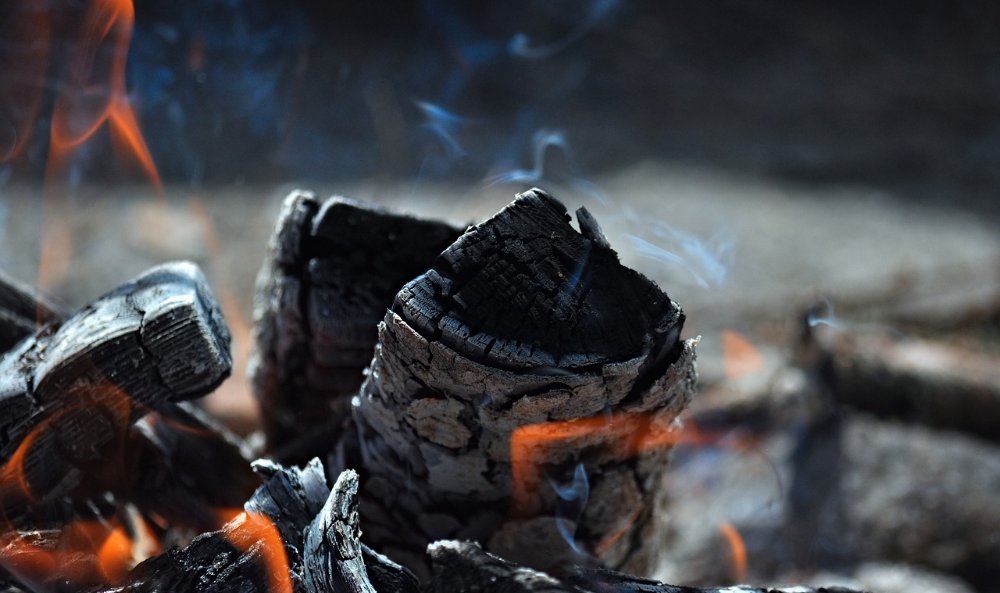The Legislative Assembly of British Columbia, with a single no vote, has repealed a consumer carbon tax once seen as a model for North America. The repeal was fast-tracked through the Legislature with only a few hours’ debate. Its repeal will cut gas prices at the pump by 17 cents a liter, predicted B.C. Premier David Eby. The price of petroleum in the province had reached a sky high $1.50-1.90 per liter (Canadian).
In a broader sense, the carbon tax is a casualty of the looming Trump-caused U.S.-Canada tariff conflict. It has left Canadians perplexed and is certain to mean higher prices on both sides of the 49th Parallel.
The tax had been unpopular across Canada. Canadians must drive a lot in a spacious country. BC Lower Mainlanders trekked down to the US to fill up in Blaine, Lynden, and Sumas to save money. The country’s right wing had adopted “Axe the Tax” as its mantra. The paradox: the tax was created by a (not very liberal) Liberal Party provincial government and repealed by a social democratic, climate-sensible New Democratic Party administration.
But there is urgency. The threatened Trump tariffs are expected to hike Canadians’ cost of living — big time. And costs, especially housing, were already high. Vancouver often ranks near the top in magazine listings of the world’s best cities in which to live — if you can afford to live there. The city is a magnet for migration, not just from India and China but from eastern Canada. Premier Eby himself is a native of Ontario.
The carbon tax will still apply to industrial customers. And Eby has taken a shot across the bow of any oil company that may think of price gouging. In his words, the Premier has offered “just a little heads-up to the oil and gas” (industries) — now is not the moment to raise prices. “British Columbians need to see that tax reductions show up at the pump,” Eby added.
In part, the tax is being sacrificed to national unity. Long a U.S. partner on trade and defense, Canada feels betrayed by Trump and suspects that America is no longer a reliable partner. The BC response, and that of the federal government, is to urge the citizenry to buy Canadian-made products and vacation at home.
The tax increases are part of a rare consensus in a divided country. After a close, nasty provincial election last fall, Eby and opposition BC Conservative Party leader John Rustad are both of a mind to react against Trump. Rustad’s major reservation is that Eby did not act quickly enough.
This is the third major interruption of U.S.-Canada cordiality in the past 70 years. The first came when Prime Minister John Diefenbaker refused to let the Yanks base Bomarc anti-aircraft missiles on Canadian soil. President Kennedy, on an Ottawa visit, did not help matters by joking that “the Chief” did not catch the marlin proudly mounted on Diefenbaker’s office wall.
The sudden repeal means BC households will no longer receive a quarterly climate action tax rebate. And the provincial treasury is out just under $2 billion (Canadian). But national pride is at stake, and genuine anger rises at every Trump reference to making Canada “the 51st state.” The country’s new Prime Minister Mark Carney is both an economist and hockey player, and both talents are needed in dealing with the bully in the White House.
This article also appears in Cascadia Advocate.
Discover more from Post Alley
Subscribe to get the latest posts sent to your email.

Connelly’s succinct take on British Columbia’s struggle caring for its environment is timely, to say the least. B.C.’s electorate has had a fragile interest in paying the real cost needed to protect its unique natural resources. This moment in North American history brings a test of Canada’s fortitude in the face of a newly threatening U.S.A.
In past, B.C.’s polluting habits prompted satire on both sides of the border – “Mr. Floatie” – a public demonstrator dressed appropriately, chastising the dumping of raw sewage for decades from Victoria’s sewer systems into the Strait of Juan de Fuca while US sewer systems on the American side of the border financed the cost of secondary treatment systems. I pray Canada swiftly considers new strategies to pay the piper to protect its fragile environment, especially in B.C.
And in doing so, bolsters its democracy on land, sea and air in this moment of political disruption